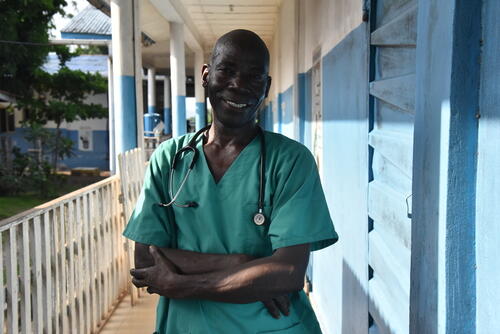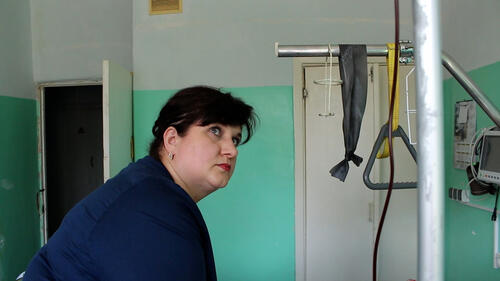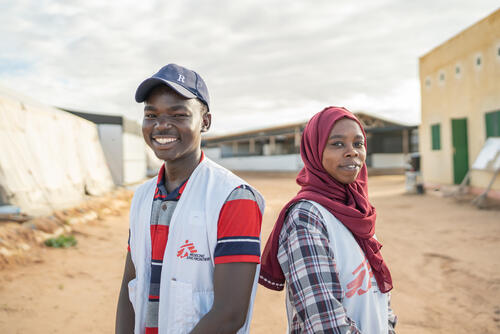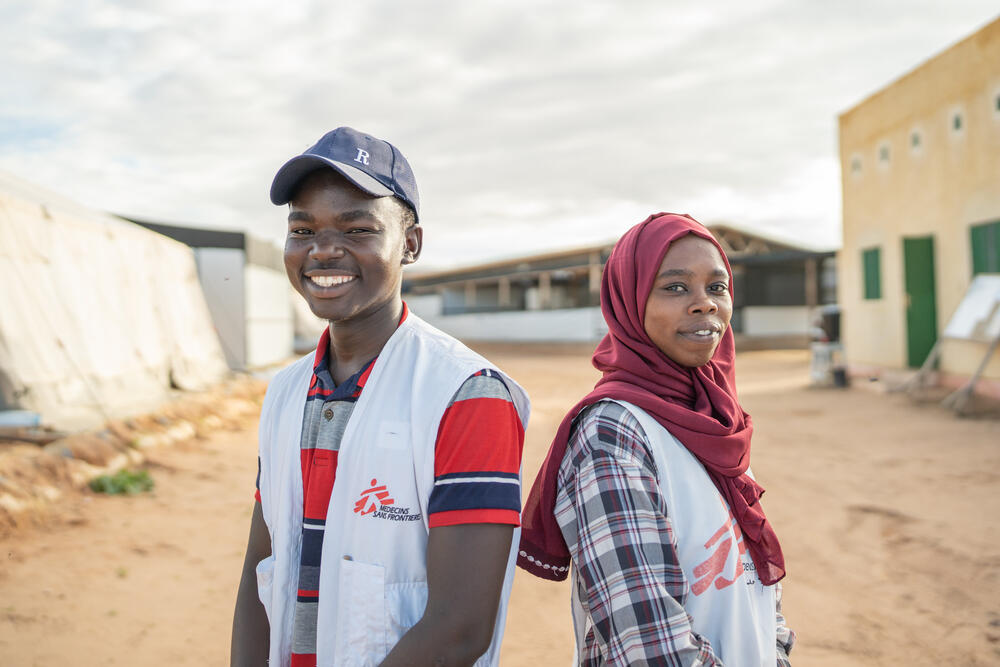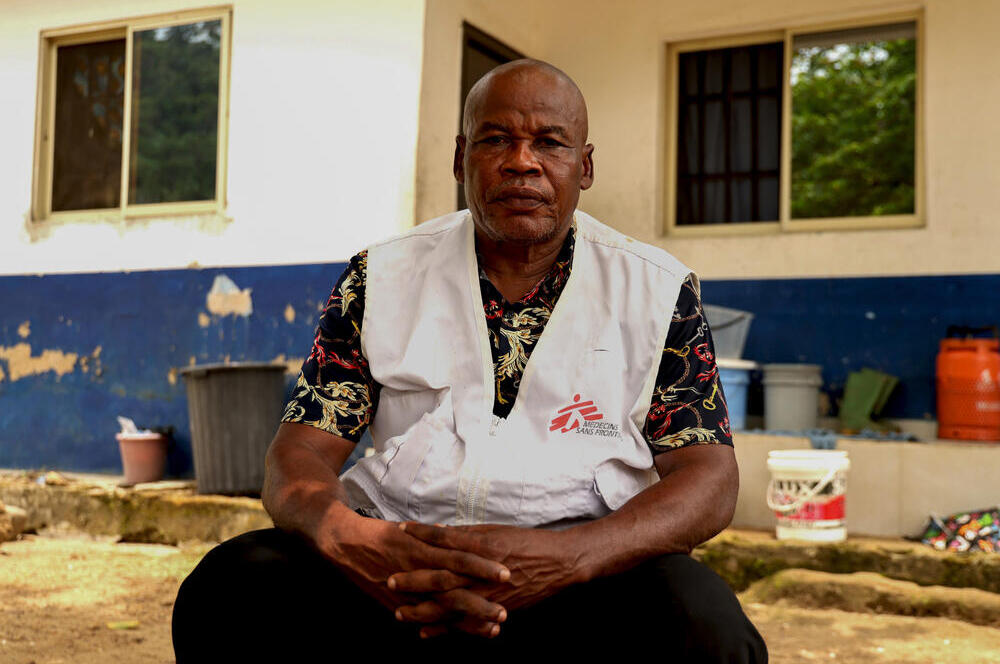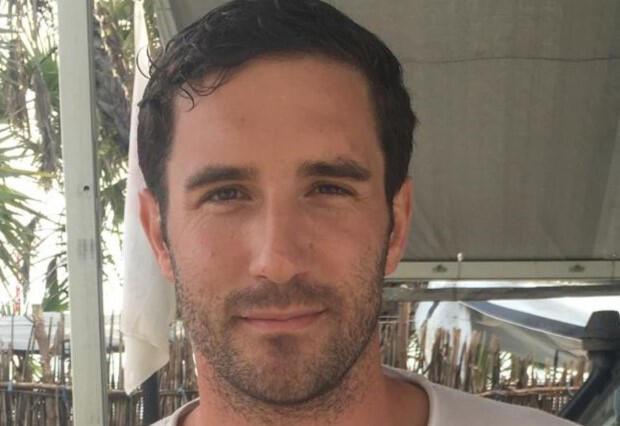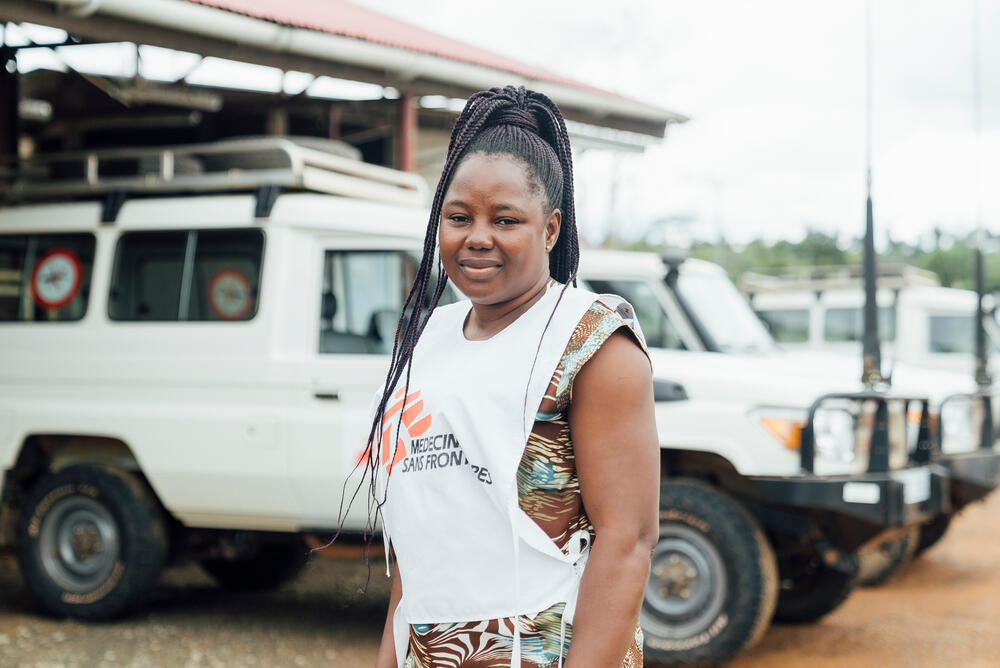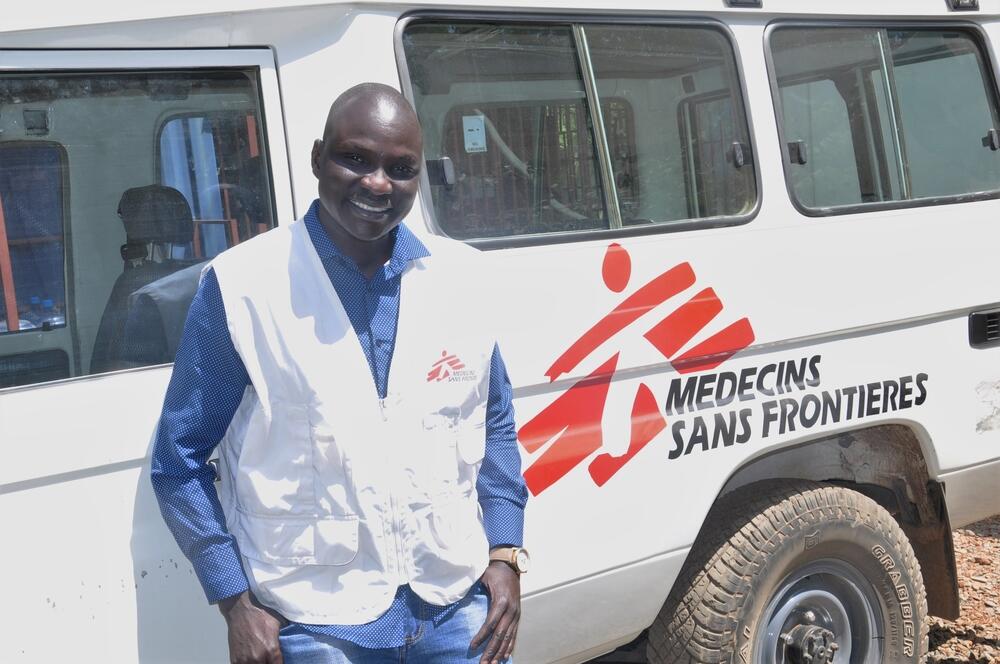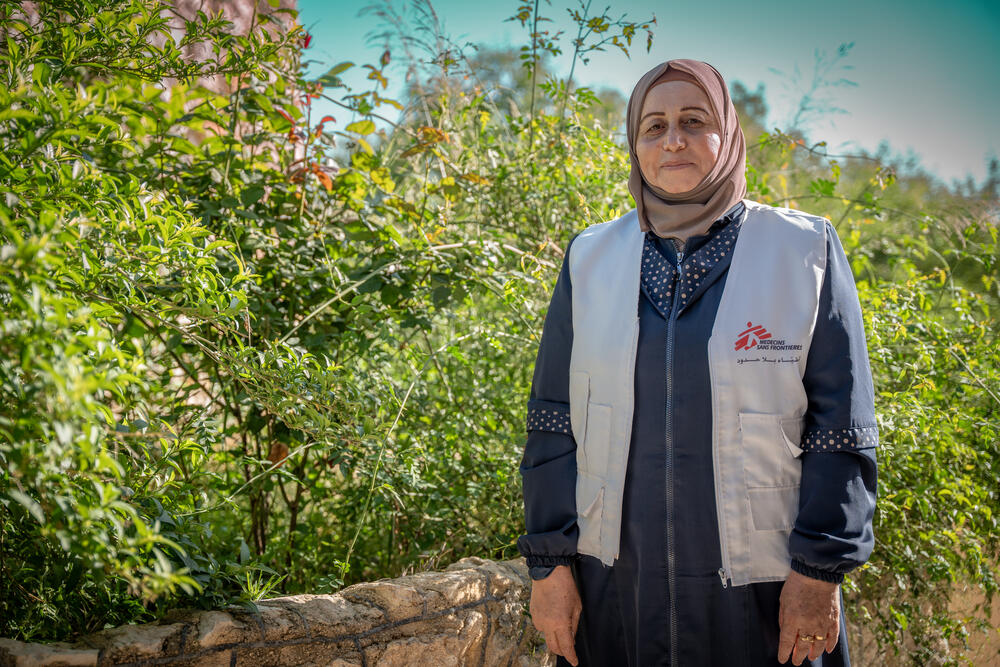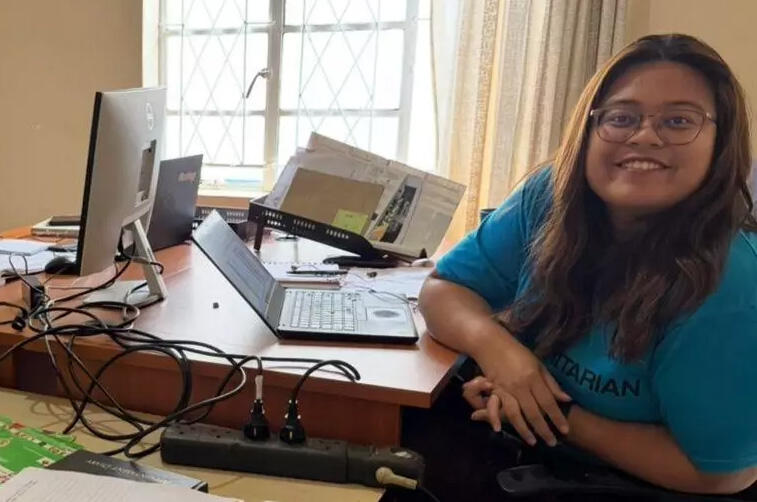It takes a huge team effort to run a Médecins Sans Frontières / Doctors Without Borders (MSF) project, whether containing an infectious disease outbreak, providing emergency care to earthquake survivors, or running trauma departments in war zones.
Our staff come from all over the world and have a wide range of backgrounds. They include not just doctors but all kinds of medical professionals who are mostly recruited locally, with some joining the team from a large international talent pool.
Behind the frontline projects, there are networks of robust logistics, finance, community health promotion and human resources teams, as well as expert consultants in headquarters, including in science, advocacy and communication.
So, what makes an MSF team?
The MSF team in numbers
In 2024, MSF employed 52,329 full-time equivalent (FTE) staff.
82%
Locally hired staff
8%
International mobile staff
10%
Staff working in MSF’s headquarters and support offices globally
Meet the team
Read about the work people do with MSF—and how staff feel about their jobs.
Want to join the team? Find a job
Patrick A Njok, driver
Patrick has been working for MSF since 2022, ensuring that patients in need of essential medical care in Cross River, Nigeria, get to hospital in time.
“When I first joined MSF, I worked hard to explain to the community who MSF is and what we do.
Drivers are often the number one advertiser for MSF – the vehicle is the first thing people see. I encourage people to go to the MSF clinic if they’re sick.”
Daniel Campbell, logistician
Daniel has worked with MSF in Leer, South Sudan.
“It's my job to organise crucial patient transfers, considering not only the medical instructions but also the environmental constraints and security concerns.
When I started with MSF I was advised that “it doesn't take a genius to point out what we don't have. The challenge is to work out what to do with what we have.”
Sia Kallon, midwife
The MSF Academy’s training programme supports midwives like Sia, who works in Sierra Leone.
“When I was playing as a kid, I would always be the midwife. I love helping women and their babies, because pregnancy can carry so many complications and stress.
A woman experiencing post-partum haemorrhage can die quite quickly if she doesn’t get the right care. Thanks to the Academy training, I know the dangers and how to manage it.”
Thok Johnson, medical coordinator
Thok is from South Sudan and grew up in a refugee camp. His experience has inspired his work for MSF, first as a nurse, then as a medical coordinator.
“Growing up seeing medical professionals saving lives in the refugee camp, including my own, moved and inspired me.
I decided I would become a medical professional to return the favour once extended to me when I needed help the most.”
Raghdaa Al-Khatib, nurse
Raghdaa has been working as a nurse with MSF in Syria for seven years.
“In my daily work as a nurse, the vital signs monitor is one of the medical devices I use in the mobile clinic.
One of the hardest days I have experienced during my nursing career was on 6 February 2023, the day of the earthquake in Syria and Turkey, because there were a lot of casualties.
But for me, a good day is when I am close to those in need of medical care. When we help patients, I feel a sense of hope and life.”
Seinn Seinn Min, epidemiologist
Seinn Seinn Min works as an epidemiologist with MSF.
“My work is like a mix between detective work and data analysis. Most my time is spent staring at spreadsheets, typing away at a laptop or flipping through dusty registers.
Every number, every data point, and every trend I uncover represents something bigger—they’re the lives of patients, the outcomes of treatments and the story of the impact our medical services are making.”
Read a staff story

